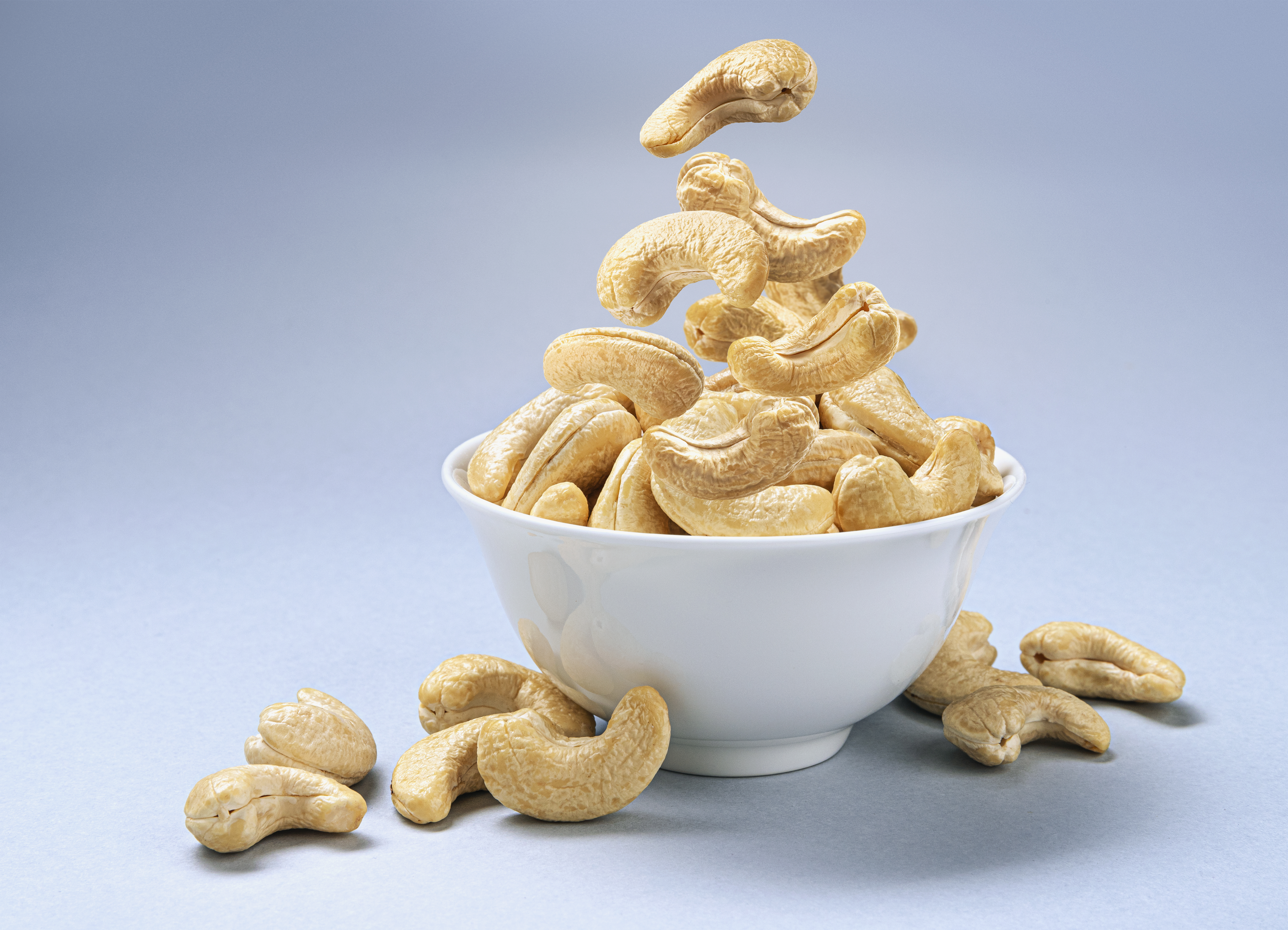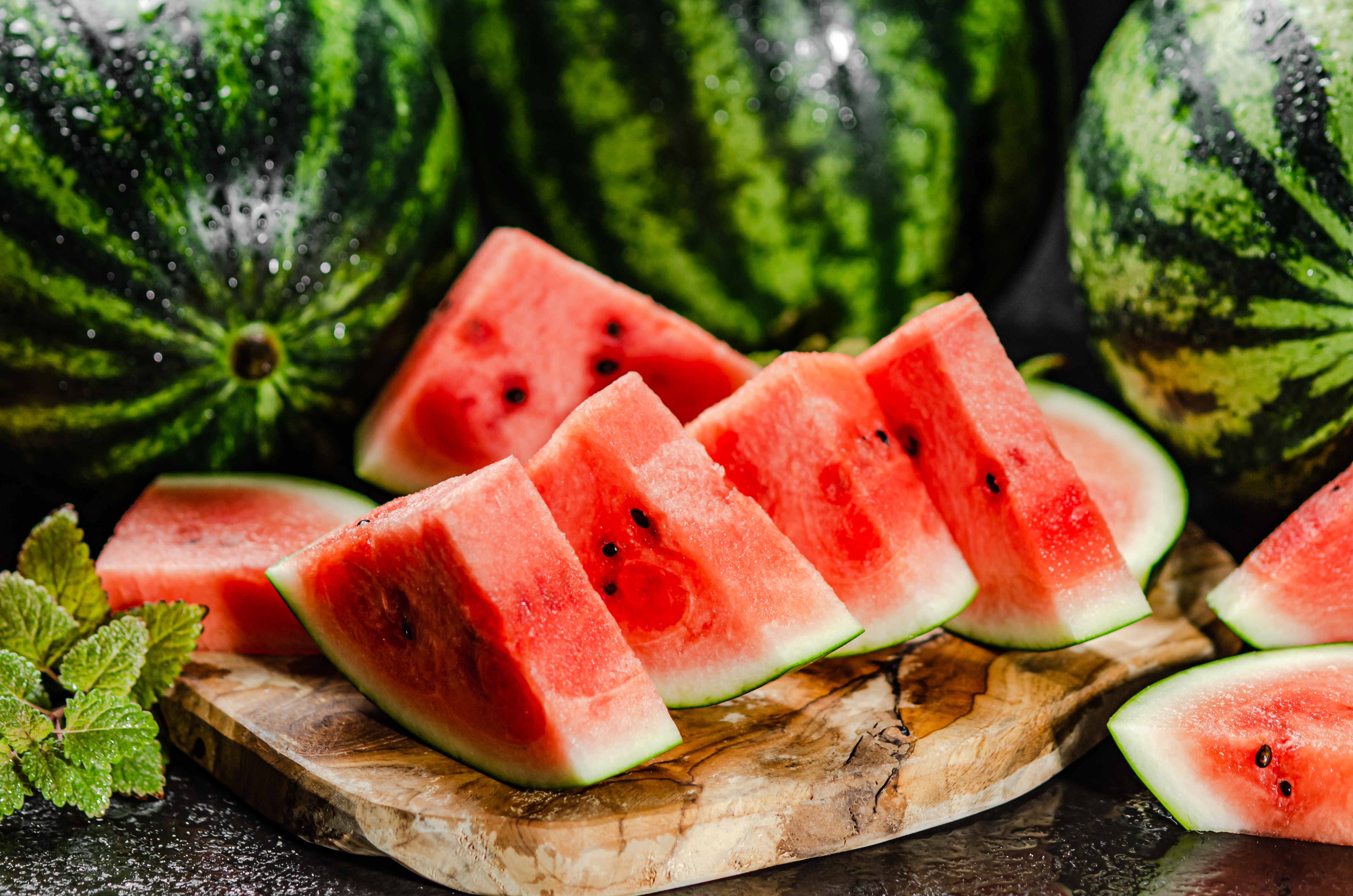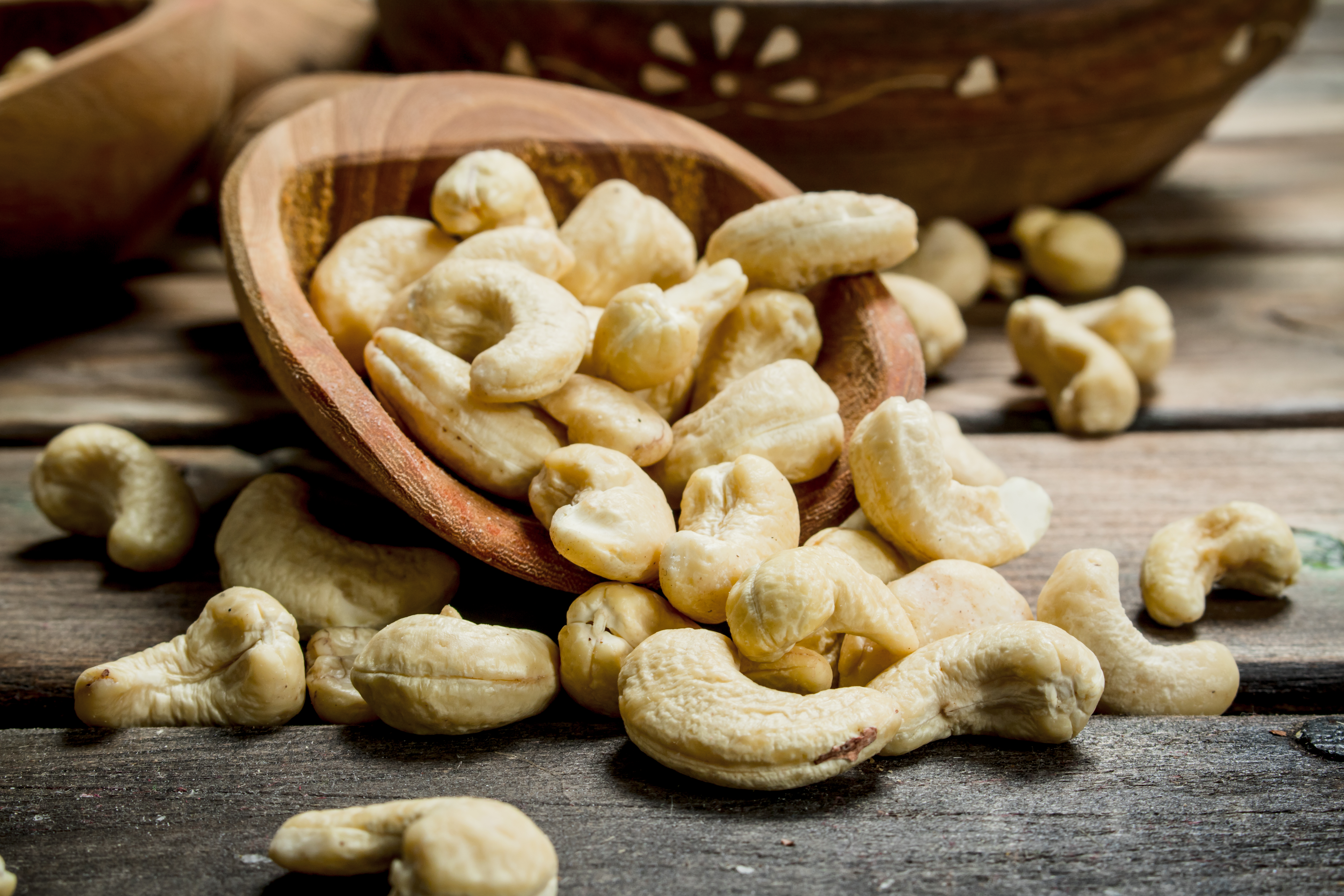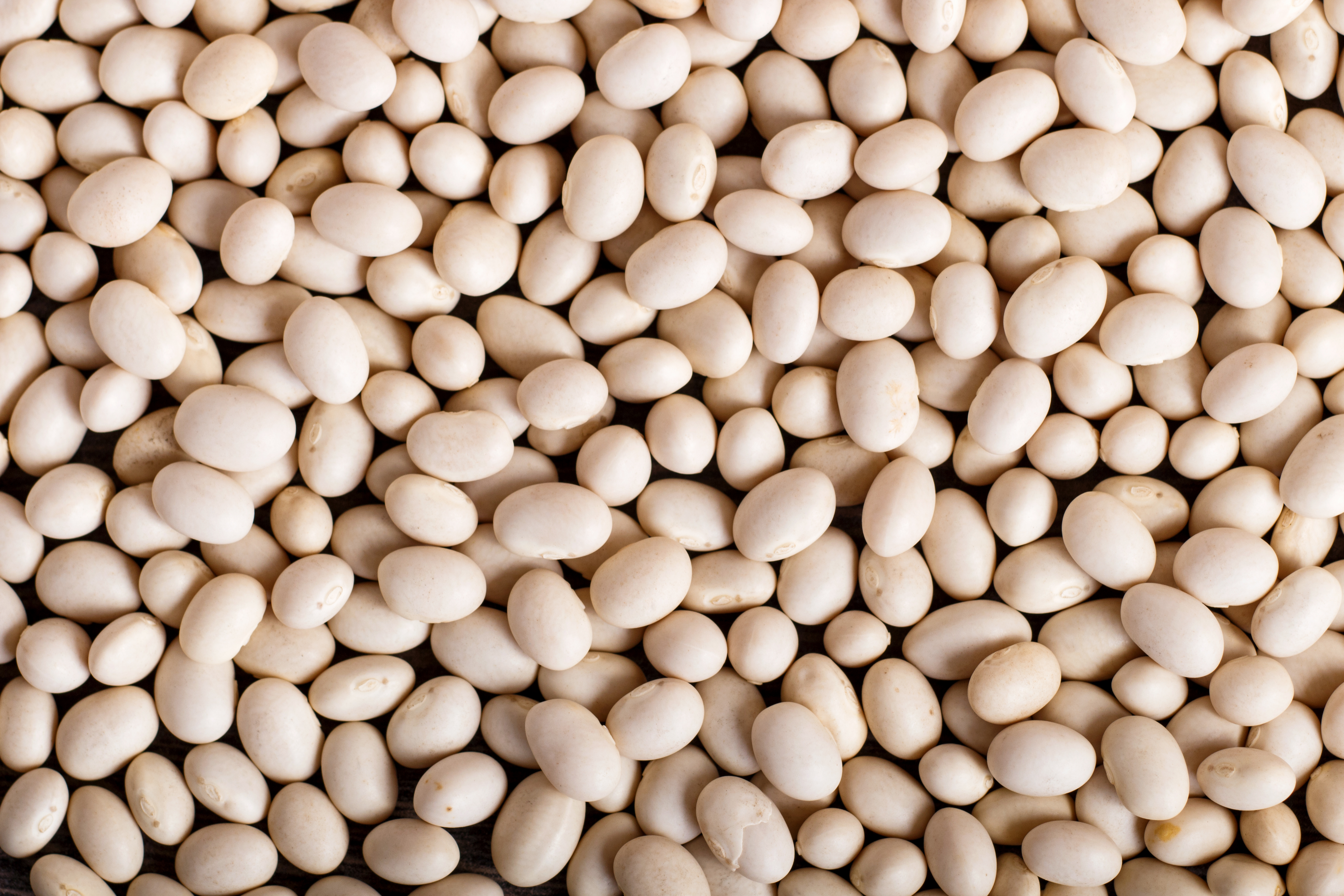Nutrients Crucial for Fighting Chronic Fatigue and Brain Fog
Ever feel like you're running on empty—no matter how much you sleep or how many coffees you down? You're not alone. In a world that demands constant focus and stamina, fatigue and brain fog have become silent epidemics. But here’s the good news: your energy levels and mental clarity aren’t just a product of willpower—they’re powered by what’s on your plate. The right nutrients can act like fuel, fine-tuning everything from cellular energy to neurotransmitter function. That’s why we’ve expanded our guide to 20 vital nutrients that serve as powerful allies in fighting fatigue and sharpening focus. These aren’t trendy supplements or empty promises—they’re science-backed essentials your body craves to feel and function at its best. Whether you’re facing burnout, brain fog, or just want to feel more like yourself again, this list is your nutritional blueprint for restoring energy, reclaiming clarity, and getting back in sync with your most vibrant self.
1. Vitamin B Complex: The Energy Boosters

The B vitamins are a group of eight water-soluble vitamins that play a pivotal role in energy metabolism. Each B vitamin contributes uniquely to the body's ability to convert food into energy. For instance, B1 (thiamine) is essential for glucose metabolism, while B12 (cobalamin) is crucial for red blood cell formation and neurological function. Deficiencies in these vitamins can lead to fatigue and cognitive decline. By ensuring an adequate intake of B vitamins through diet or supplementation, we can support the body's energy production processes and improve mental clarity. This section examines each B vitamin's role and sources.
2. Iron: The Oxygen Transporter

Iron is a vital mineral that plays a critical role in oxygen transport and energy production. It is a component of hemoglobin, the protein in red blood cells that carries oxygen from the lungs to the rest of the body. Without sufficient iron, our cells cannot receive the oxygen they need to function optimally, leading to fatigue and impaired cognitive function. Iron deficiency is one of the most common nutritional deficiencies worldwide, particularly among women. By understanding the importance of iron and ensuring adequate intake through diet or supplements, we can combat fatigue and support overall vitality.
3. Magnesium: The Relaxation Mineral

Magnesium is often referred to as the relaxation mineral due to its role in muscle and nerve function. It is involved in over 300 biochemical reactions in the body, including energy production and neurotransmitter regulation. Magnesium helps convert food into energy and supports the production of ATP. It also has a calming effect on the nervous system, which can help alleviate stress and improve sleep quality. Adequate magnesium levels are essential for maintaining energy levels and mental clarity. This section explores the benefits of magnesium and how to incorporate it into your diet.
4. Omega-3 Fatty Acids: The Brain Boosters

Omega-3 fatty acids, particularly EPA and DHA, are essential fats that play a crucial role in brain health. They are integral components of cell membranes and are involved in neurotransmitter function. Omega-3s have been shown to improve cognitive function, reduce inflammation, and support overall brain health. A deficiency in these fats can lead to cognitive decline and mood disorders. By incorporating omega-3-rich foods, such as fatty fish and flaxseeds, into our diet, we can enhance mental clarity and combat brain fog. This section delves into the science behind omega-3s and their impact on brain health.
5. Coenzyme Q10: The Cellular Energizer

Coenzyme Q10 (CoQ10) is a powerful antioxidant that plays a key role in cellular energy production. It is involved in the electron transport chain, a series of reactions that generate ATP in the mitochondria. CoQ10 also helps protect cells from oxidative damage, which can contribute to fatigue and cognitive decline. As we age, our natural levels of CoQ10 decrease, making supplementation a viable option for maintaining energy levels. This section explores the benefits of CoQ10 and how it can be incorporated into a balanced diet to support overall vitality.
6. Vitamin D: The Sunshine Vitamin

Vitamin D, often referred to as the sunshine vitamin, is essential for bone health, immune function, and mood regulation. It also plays a role in energy production and cognitive function. Vitamin D deficiency is widespread, particularly in regions with limited sunlight exposure. Low levels of vitamin D have been linked to fatigue, depression, and cognitive impairment. By ensuring adequate sun exposure and incorporating vitamin D-rich foods into our diet, we can support overall health and vitality. This section discusses the importance of vitamin D and strategies for maintaining optimal levels.
7. Zinc: The Immune and Cognitive Supporter

Zinc is a trace mineral that supports immune function, wound healing, and cognitive health. It is involved in numerous enzymatic reactions and plays a role in neurotransmitter regulation. Zinc deficiency can lead to fatigue, weakened immunity, and cognitive impairment. By ensuring adequate zinc intake through diet or supplementation, we can support overall health and mental clarity. This section explores the benefits of zinc and how to incorporate it into a balanced diet to combat fatigue and brain fog.
8. Antioxidants: The Protectors Against Oxidative Stress

Antioxidants are compounds that protect the body from oxidative damage caused by free radicals. Oxidative stress can contribute to fatigue, cognitive decline, and numerous chronic diseases. By consuming a diet rich in antioxidants, such as vitamins C and E, selenium, and phytonutrients, we can protect our cells from damage and support overall health. This section examines the role of antioxidants in combating fatigue and enhancing mental clarity, as well as practical ways to incorporate them into our daily diet.
9. Probiotics: The Gut-Brain Connection

Probiotics are beneficial bacteria that support gut health and have been shown to influence brain function. The gut-brain axis is a bidirectional communication system between the gut and the brain, and imbalances in gut bacteria can contribute to fatigue and cognitive decline. By incorporating probiotic-rich foods, such as yogurt and fermented vegetables, into our diet, we can support gut health and enhance mental clarity. This section explores the science behind the gut-brain connection and the role of probiotics in combating fatigue and brain fog.
10. Adaptogens: The Stress Resilience Enhancers

Adaptogens are natural substances that help the body adapt to stress and promote overall balance. They have been used for centuries in traditional medicine to enhance energy levels and mental clarity. Adaptogens, such as ashwagandha, rhodiola, and ginseng, work by modulating the stress response and supporting adrenal function. By incorporating adaptogens into our daily routine, we can enhance resilience to stress and combat fatigue. This section delves into the benefits of adaptogens and practical ways to incorporate them into a balanced lifestyle.
11. Hydration: The Unsung Hero of Energy Levels

Adequate hydration is essential for maintaining energy levels and cognitive function. Dehydration can lead to fatigue, impaired concentration, and mood disturbances. Water is involved in numerous physiological processes, including nutrient transport and temperature regulation. By ensuring adequate fluid intake, we can support overall health and vitality. This section explores the importance of hydration in combating fatigue and enhancing mental clarity, as well as practical tips for staying hydrated throughout the day.
12. Choline: The Brain's Architect & Vital Messenger

Often unsung yet utterly essential, choline is a powerhouse nutrient crucial for building robust brain cell membranes and producing acetylcholine, a key neurotransmitter governing memory, learning, mood, and muscle control. Think of it as the brain's diligent architect and swift communication specialist. A shortfall in choline can contribute to brain fog, sluggish mental processing, and memory lapses. Abundant in foods like eggs (especially the yolks), liver, soybeans, and shiitake mushrooms, or available as a supplement, ensuring adequate choline intake helps maintain sharp mental acuity and supports the energetic demands of your nervous system.
13. Iodine: The Thyroid's Spark Plug for Energy & Mental Acuity

Your thyroid gland, the master conductor of your body's metabolism, absolutely depends on iodine to synthesize hormones that dictate your energy levels, body temperature, and crucial brain functions. Consider iodine the indispensable 'spark plug' for this vital gland. Insufficient iodine can lead to hypothyroidism, a notorious culprit behind persistent fatigue, debilitating brain fog, unexplained weight gain, and a dampened mood. By ensuring adequate intake through sources like iodized salt, seafood (cod, tuna, shrimp), seaweed, or dairy products, you empower your thyroid to keep your metabolic engine humming smoothly, fueling both body and mind.
14. Creatine: Beyond Muscle – A Surprising Boost for Mental Stamina

Widely celebrated in fitness circles for enhancing physical power and endurance, creatine is now emerging as a surprising yet potent ally in the fight against mental fatigue and brain fog. Your brain is an energy-intensive organ, and creatine plays a critical role in rapidly replenishing ATP, the primary cellular fuel, within your brain cells. Exciting research suggests that creatine supplementation can enhance cognitive processing, improve short-term memory, and reduce mental fatigue, particularly during demanding mental tasks or periods of sleep deprivation, offering a unique edge for sustained mental performance.
15. Acetyl-L-Carnitine (ALCAR): Cellular Energy & Cognitive Conductor

Meet Acetyl-L-Carnitine (ALCAR), an acetylated form of the amino acid L-carnitine that acts like an efficient shuttle service within your cells, transporting fatty acids into the mitochondria to be burned for energy. This process is vital not only for physical energy but is especially crucial for your energy-demanding brain. ALCAR is also believed to support the production of acetylcholine, a neurotransmitter fundamental for learning, memory, and attention. By enhancing cellular energy production and bolstering neurotransmitter function, ALCAR can help combat mental weariness, sharpen focus, and promote clear-headedness.
16. Selenium: The Mitochondrial Defender

Selenium may be a trace mineral, but its impact is anything but minor. This antioxidant powerhouse protects your mitochondria—the tiny engines that fuel every cell—from oxidative stress, keeping energy production running smoothly. It also supports healthy thyroid function, which directly influences metabolism and mental clarity. Low selenium levels have been linked to increased fatigue, brain fog, and even low mood. Found in Brazil nuts, tuna, eggs, and sunflower seeds, selenium helps stabilize energy at the cellular level. Just one or two Brazil nuts a day can meet your needs—proof that sometimes, the smallest allies make the biggest difference.
17. L-Theanine: Calm Focus Without the Crash

Found naturally in green tea, L-theanine is a unique amino acid that promotes a calm, focused state without sedation. It works by increasing alpha brain waves—those linked to relaxed alertness—and boosting levels of dopamine and serotonin. Unlike caffeine, which can spike and crash, L-theanine smooths out mental energy, making it a favorite among those seeking clarity without jitters. Studies show it can reduce stress, sharpen attention, and even enhance cognitive performance when paired with low-dose caffeine. For those battling mental fatigue or stress-induced fog, L-theanine offers a gentle yet effective lift toward clear, sustained focus.
18. Copper: The Underrated Spark for Brain Energy

Often overshadowed by flashier minerals, copper quietly powers some of your brain’s most vital energy systems. It supports the enzymes that create ATP—the energy currency of your cells—and plays a key role in neurotransmitter synthesis, especially dopamine. Without enough copper, you may feel unusually tired, mentally slow, or emotionally flat. It also works in tandem with iron to help the body use oxygen efficiently. Good sources include dark chocolate, lentils, cashews, and shellfish. While too much copper can be harmful, getting the right amount is essential for maintaining steady mental energy and mood stability throughout the day.
19. Manganese: The Mood and Memory Mineral

Manganese is a lesser-known mineral that acts like a backstage crew member—quietly but critically supporting your brain’s operations. It contributes to the formation of neurotransmitters and helps defend against oxidative stress, both of which affect mental stamina and emotional balance. It’s also involved in energy metabolism and glucose regulation—key for avoiding those dreaded afternoon crashes. Manganese is found in foods like whole grains, nuts, leafy greens, and tea. While deficiency is rare, marginal levels can subtly impact mood, memory, and energy regulation. Including manganese-rich foods helps keep your cognitive and emotional systems running without interruption.
20. Phosphatidylserine: The Brain's Signal Enhancer

Phosphatidylserine is a phospholipid found in high concentrations in brain cells, where it supports healthy cell membranes and facilitates communication between neurons. Think of it as the “signal booster” for your brain, enhancing memory, learning, and attention span. It also helps regulate cortisol, the stress hormone that can sap energy and fog up mental focus when chronically elevated. Research shows it may improve cognitive performance and reduce fatigue, especially in stressful or high-pressure environments. Found in soy, white beans, and organ meats—or available as a supplement—phosphatidylserine is a promising tool for sharper thinking and balanced energy.
Fuel Your Focus, Reclaim Your Energy

Fatigue and brain fog may feel like mysteries—but they’re often just messages from a body running low on the right fuel. The good news? You’re not powerless. These 20 vital nutrients aren’t just health buzzwords—they’re your body’s built-in support system, each playing a unique role in how you think, move, and feel. From powerhouse minerals to calming amino acids, they work together to ignite energy, sharpen focus, and stabilize mood. This isn’t about chasing quick fixes or crashing after caffeine. It’s about building a foundation that keeps your mind clear and your body resilient, day after day. Whether you’re navigating deadlines, managing burnout, or just want to feel like yourself again, these nutrients offer a roadmap back to clarity and vitality. So, take stock, make the shift, and remember—when you nourish smarter, you live sharper. Energy isn’t a luxury. It’s a choice. And now, you’ve got the tools.